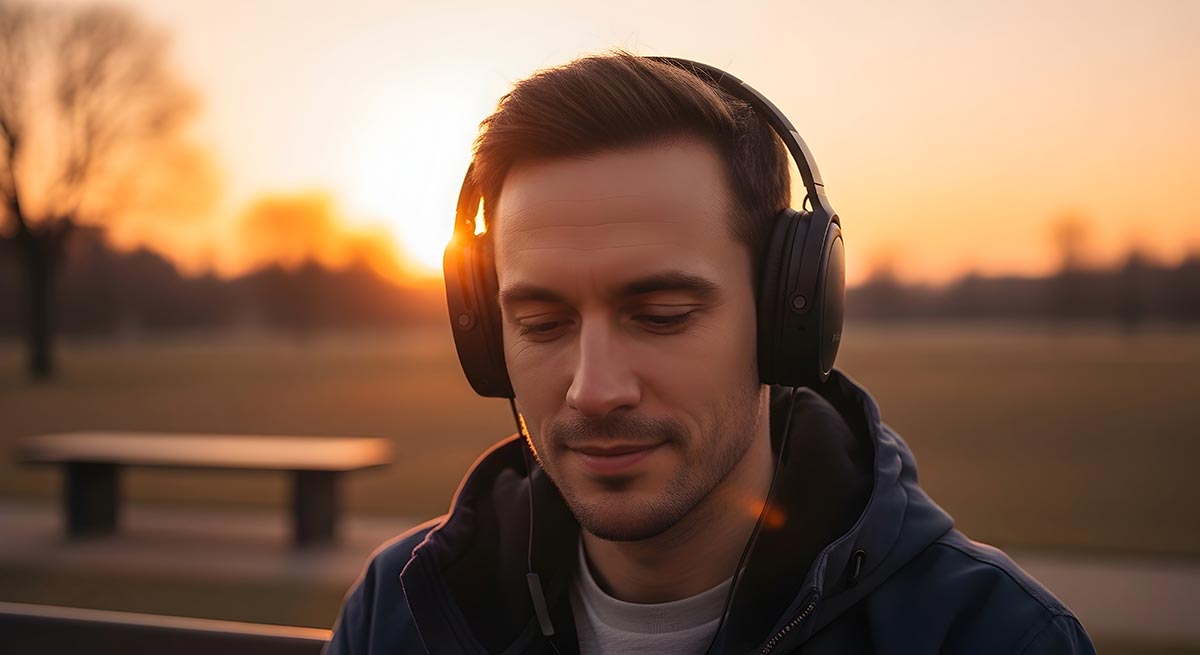We live in an age where silence feels almost extinct. Everywhere we go, there’s noise—the endless scroll of social media, the constant pings of notifications, the chatter of podcasts and news updates filling every spare moment. It has become normal to wake up and immediately reach for our phones, to spend hours each day staring at glowing screens, and to feel strangely restless when things get too quiet.
But our brains weren’t built for this constant stimulation. Underneath all the buzz, there’s a deeper truth we often ignore: our minds crave silence. Without it, we lose focus, creativity, and even a sense of who we are.
The Weight of Constant Stimulation
For most of human history, life moved slowly. People worked with their hands, walked instead of drove, and passed long evenings with nothing but conversation, a book, or the sound of the wind. Today, in contrast, we rarely experience a single moment without distraction.
Every time we unlock our phones, we’re hit with a flood of images, words, and alerts competing for our attention. That constant input might feel harmless, but it overloads the brain. Studies have shown that multitasking reduces focus, memory, and problem-solving ability. And yet, we’ve built a culture where multitasking isn’t just common—it’s celebrated.
This digital noise doesn’t only fill our time; it fills our minds. Even when we’re offline, many of us find it hard to sit still, hard to be alone with our own thoughts. We’ve become uncomfortable with quiet, almost as if silence is something to fear.
Silence as a Basic Human Need
Think about the moments when you’ve felt most at peace. Maybe it was sitting by a lake at dawn, walking in the woods, or lying in bed before the world woke up. In those moments of silence, something shifts inside us. The racing thoughts slow down, the tension in the body eases, and our minds finally have room to breathe.
Neuroscience backs this up. Silence has been shown to restore the nervous system, reduce stress hormones, and even promote new brain cell growth. In a world where we’re constantly overstimulated, silence isn’t just pleasant—it’s medicine.
Our ancestors understood this instinctively. They built rituals around quiet—prayer, meditation, long walks, and evenings of reflection. Today, we often confuse silence with boredom, but in reality, it’s in those quiet spaces that we recharge, process, and grow.
What We Lose Without Quiet
When silence disappears from our lives, something inside us begins to fray. Creativity suffers because the brain has no room to wander or connect ideas. Relationships weaken because we’re half-present, always distracted by the next alert. Even our inner sense of self grows blurry when it’s constantly drowned out by other voices.
Many people I talk to describe a kind of invisible fatigue. They can’t quite put their finger on it, but it shows up as restlessness, irritability, or feeling overwhelmed. More often than not, the root cause is digital overload. Our brains simply weren’t designed to process an endless stream of information without pause.
Learning to Welcome Silence Again
If silence is what our brains crave, the challenge is simple but not easy: we have to relearn how to welcome it back into our lives. That might mean small acts, like turning off notifications, leaving the phone in another room during dinner, or taking a walk without earbuds.
It might also mean creating intentional moments of quiet. Reading a book in the evening instead of scrolling. Sitting in the backyard with nothing but the sounds of nature. Even just closing your eyes and breathing deeply for five minutes. These small practices remind the brain that stillness is safe, not something to escape.
The truth is, silence won’t happen on its own anymore. We have to choose it, protect it, and make space for it—because the world we live in is built to do the opposite.
The Gift of Quiet
Silence isn’t just the absence of noise; it’s the presence of something deeper. It gives us space to notice our thoughts, to feel emotions we’ve been avoiding, and to hear the subtle details of life we usually miss.
When we step away from the noise, we find ourselves more present with others. We listen better. We connect more deeply. And perhaps most importantly, we reconnect with ourselves—the person who gets lost when the world grows too loud.
In the end, digital overload is more than a modern inconvenience; it’s a threat to our mental well-being. But the solution is beautifully simple. By carving out pockets of silence in our noisy world, we give our brains the gift they’ve been craving all along: the chance to rest, to heal, and to simply be.
Final Thought
Silence may feel like a luxury, but it’s really a necessity. If we want to live fully—focused, creative, and connected—we have to stop running from quiet and start embracing it. Our brains are waiting.
